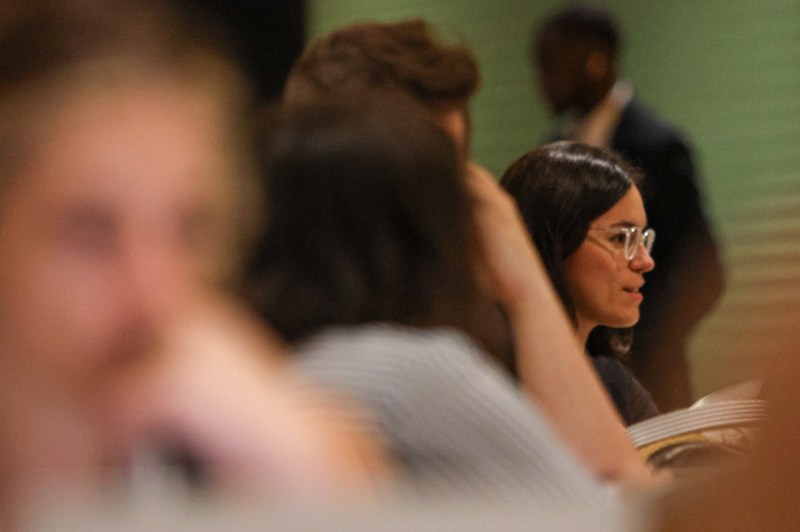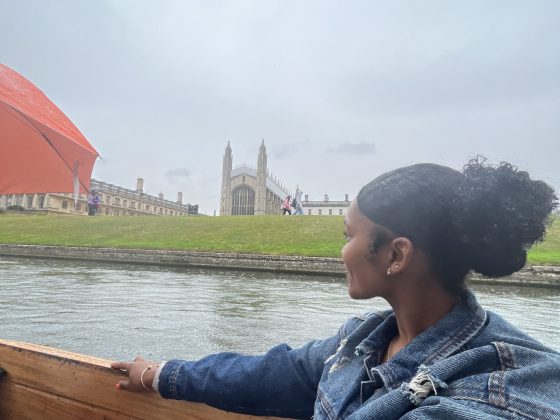Election coverage has been a hot topic recently, especially with the indictments of Donald Trump and the first Republican debate of the 2024 presidential election cycle Wednesday.
But there’s one type of election coverage that many journalists can improve on: tribal election coverage. Here are some key takeaways from Pauly Denetclaw and Christine Trudeau’s session at the 2023 ONA conference:
Tribal nations are sovereign
There are over 570 federally recognized, sovereign tribal nations. Tribal sovereignty means that these are nations with their own governments and elections, separate from those of the United States government or local governments. Sovereignty also means that some Indigenous nations have government structures that look quite different from state or federal governments.
Not every Indigenous person is registered with their tribe and unable to participate in tribal elections, and that may be for a variety of reasons, including blood quantum—a controversial system that the U.S. government placed onto tribes in an effort to limit their citizenship—or their tribe not being federally recognized.
Tribal nations have different free press laws
Sovereignty also means that tribal nations have their own laws, including press freedom laws. According to Denetclaw, only five federally-recognized tribal nations have press freedom laws, including the Navajo nation, which she is a citizen of. Denetclaw also noted that the Freedom of Information Act and sunshine laws do not apply to indigenous nations.
There is work being done to promote more press freedom in tribal nations. Denetclaw and Trudeau are both members of the Indigenous Journalists Association, formerly known as the Native American Journalists Association. The IJA works to uplift voices of Indigenous journalists and support journalists of all kinds in covering Indigenous affairs.
“NAJA has been around now for 40 years,” said Trudeau, who serves as president of the organization. “I’m really proud to be a part of that legacy. And I don’t think I would have ever gotten into this profession without it.”
There are Indigenous representatives in U.S. government
Many Indigenous people still participate in state and federal government, as well as participating in their nations’ government, not only by voting, but also by holding office. There are several Indigenous government officials, from a variety of states, holding various positions at the local, state and federal levels.
As part of her work with Indian Country Today, last year, Denetclaw was the sole reporter running a database of Indigenous candidates running for office across all 50 states. States such as Alaska, Montana and Oklahoma have notably higher numbers of Indigenous candidates and officials than most states. Montana has the highest per-capita Indigenous representation in state government and 20% of Alaska’s population is Indigenous, according to Denetclaw.
Indigenous people are part of your community
Indigenous people deserve the same level of attention and coverage as any other group in your community. Indigenous affairs can have a wide impact on communities and should not be covered just for and by Indigenous journalists.
“Everybody’s a part of that history, and it’s important to be inclusive of that,” Trudeau said.
Journalists should invest time and energy into learning about Indigenous communities and building relationships beyond just when breaking news happens and a source is needed.
“It’s important to invest early,” Trudeau said. “It’s important not to just dip in whenever there’s an election going on.”






